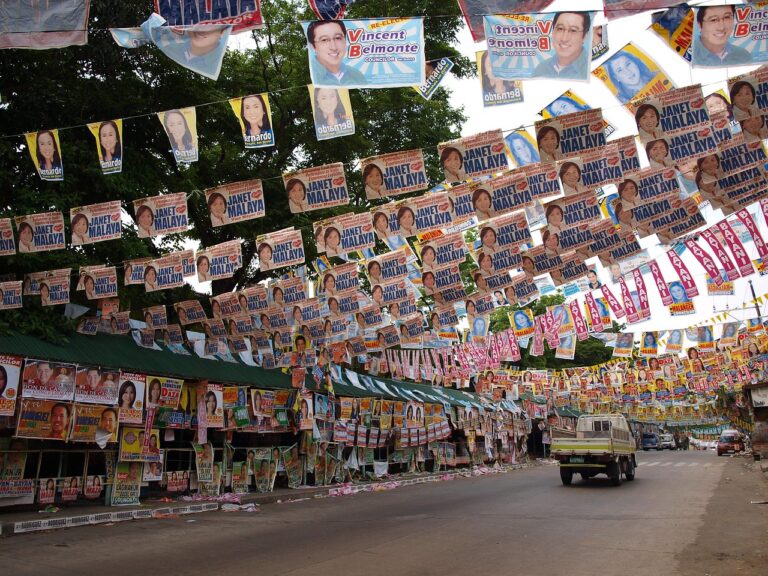Ensuring Language Access for Minority Language Speakers at Polling Booths
cricbet99 id password, sky99 login, ready book club:Ensuring Language Access for Minority Language Speakers at Polling Booths
Have you ever tried to vote but couldn’t understand the ballot or the instructions because they were not in your native language? This can be a frustrating experience for minority language speakers who face language barriers when trying to exercise their right to vote. In a diverse society, it is crucial to ensure that everyone has equal access to the voting process, regardless of the language they speak. In this article, we will explore the importance of language access at polling booths and discuss ways to improve it for minority language speakers.
Understanding the Importance of Language Access at Polling Booths
Language access at polling booths is essential for maintaining a fair and inclusive voting process. When minority language speakers are unable to understand the information provided at polling booths, they are at a disadvantage compared to those who are fluent in the official language of the country. This can lead to confusion, misunderstanding, and ultimately disenfranchisement.
Ensuring language access at polling booths is not only a matter of fairness but also a legal requirement in many countries. Laws such as the Voting Rights Act in the United States and the Official Languages Act in Canada mandate that measures be taken to provide language assistance to minority language speakers during the voting process. By providing language access, governments can ensure that everyone has an equal opportunity to participate in the democratic process.
Ways to Improve Language Access at Polling Booths
There are several ways to improve language access at polling booths for minority language speakers. Here are some effective strategies that can help:
1. Translation Services: One of the most straightforward ways to improve language access is to provide translated materials at polling booths. This includes translated ballots, voter registration forms, and voting instructions in multiple languages. By offering translated materials, minority language speakers can better understand the voting process and make informed decisions.
2. Bilingual Poll Workers: Another effective strategy is to have bilingual poll workers who can assist minority language speakers in their native language. Bilingual poll workers can help explain the voting process, answer questions, and provide any necessary assistance to ensure that everyone can cast their vote successfully.
3. Language Hotlines: Setting up language hotlines where minority language speakers can call for assistance can also be helpful. This allows voters to ask questions and get help in their native language, even if there are no bilingual poll workers available at the polling booth.
4. Community Outreach: Engaging with minority language communities through outreach programs can also improve language access at polling booths. By working with community organizations and leaders, governments can better understand the needs of minority language speakers and tailor their language access strategies accordingly.
5. Multilingual Voter Education Campaigns: Launching multilingual voter education campaigns can help raise awareness about the importance of voting and how to navigate the voting process. By providing information in multiple languages, governments can empower minority language speakers to participate in elections confidently.
6. Technology Solutions: Leveraging technology, such as language translation apps or devices, can also improve language access at polling booths. These tools can help translate written materials or assist with verbal communication, making it easier for minority language speakers to vote.
Frequently Asked Questions
1. Can I request language assistance at the polling booth?
Yes, in many countries, you have the right to request language assistance at the polling booth if you are a minority language speaker. This can include translated materials, bilingual poll workers, or language hotlines.
2. What if there are no bilingual poll workers available at my polling booth?
If there are no bilingual poll workers available, you can request language assistance through other means, such as using a language hotline or asking for translated materials.
3. How can I find out if language assistance is available at my polling booth?
You can typically find information about language assistance services at polling booths on official election websites or by contacting your local election authorities.
4. Are there any laws that mandate language access at polling booths?
Yes, many countries have laws that require measures to be taken to provide language access at polling booths for minority language speakers. These laws aim to ensure that everyone has equal access to the voting process.
5. What should I do if I encounter language barriers at the polling booth?
If you encounter language barriers at the polling booth, don’t hesitate to ask for assistance. Poll workers are there to help you navigate the voting process and make sure your voice is heard.
In conclusion, ensuring language access for minority language speakers at polling booths is crucial for promoting a fair and inclusive voting process. By implementing strategies such as translation services, bilingual poll workers, and community outreach, governments can help overcome language barriers and empower minority language speakers to participate in elections confidently. Remember, every vote counts, and language should never be a barrier to exercising your right to vote.







